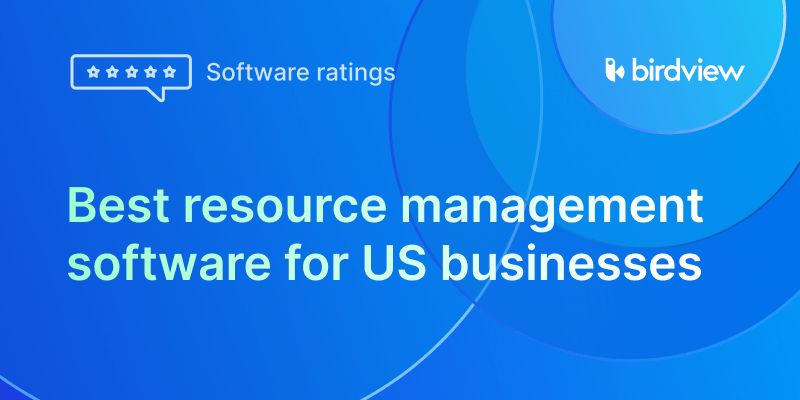Resource management is essential for project success. Without it, projects can quickly go over budget, miss deadlines, and fail to meet expectations. Resource managers play a key role in allocating and managing resources to help companies navigate increasing competition and shorter timelines. By optimizing resources, they improve project outcomes, cut costs, and drive business success.
Here are just a few examples of how resource management can benefit businesses:
- Improve project success rates: Resource managers can help companies improve their project success rates by ensuring that projects are adequately staffed and equipped, and that resource allocation is efficient.
- Reduce costs: Resource managers can help companies reduce costs by optimizing resource planning and allocation and avoiding waste.
- Boost the bottom line: By improving project success rates and reducing costs, resource managers can help companies boost their bottom line.
If you’re interested in learning more about resource management, this article is for you. We’ll cover everything you need to know, from the role of a resource manager to the essential skills and qualities they need to be successful. We’ll also discuss the challenges faced by resource managers and how to overcome them.
What is a resource manager?
A resource manager is someone who makes sure that all the things needed for a project to succeed are in the right place at the right time. This includes things like people, money, equipment, and time.
What’s the difference between a resource manager and other management roles?
Resource managers work with all levels of the organization to make sure that everyone has the resources they need to do their jobs. This means that they interact with project managers, financial analysts, and other managers to make sure that everyone is on the same page and that resources are allocated efficiently.
Why are resource managers important?
Resource managers are important because they help organizations save money and time. By making sure that resources are used efficiently, resource managers can help organizations get their projects done on time and within budget.

Here is a simple example:
Imagine that you are running a construction company. You have a new project to build a house, and you need to make sure that you have all the necessary resources in place to complete the project on time and within budget. This includes things like hiring workers, ordering materials, and renting equipment.
A resource manager would be responsible for making sure that all of these resources are available when you need them. They would also work with you to create a budget and timeline for the project.
If the resource manager does their job well, you will be able to complete the project on time and within budget. But if the resource manager does not do their job well, the project could be delayed or over budget.
“Organizations that skillfully manage their resources can respond faster to changes in the market environment and come out ahead.”
“Project Resource Management: A Complex Issue” by Christophe Bredillet
In short, resource managers are important because they help organizations save money and time. By making sure that resources are used efficiently, resource managers can help organizations get their projects done on time and within budget.
The rise of the resource manager
The role of the resource manager has evolved dramatically over the years. In the early days of project management, resource allocation and management tasks were performed manually. This meant that resource managers had to keep track of everything in their heads or on spreadsheets.
“Resource management in the early days of project management was a tedious and time-consuming process. Resource managers had to manually track everything, from employee availability to material costs.”
“Project Management” by Harold Kerzner
However, with the advancement of technology and computerization, the role of the resource manager has become much more complex and demanding. Today, resource managers are armed with modern tools and software that help them forecast, plan, and monitor resources more efficiently.
Peter Morris, in his book “Effective Resource Management in Project Workflows” says:
“Technology has revolutionized the role of the resource manager. Resource managers now have access to sophisticated tools and software that help them to manage resources more efficiently and effectively.”
For example, resource management software can help resource managers to:
- Forecast resource needs: Resource management software can help resource managers to forecast resource needs for upcoming projects. This allows resource managers to make sure that they have the right resources in place when they need them.
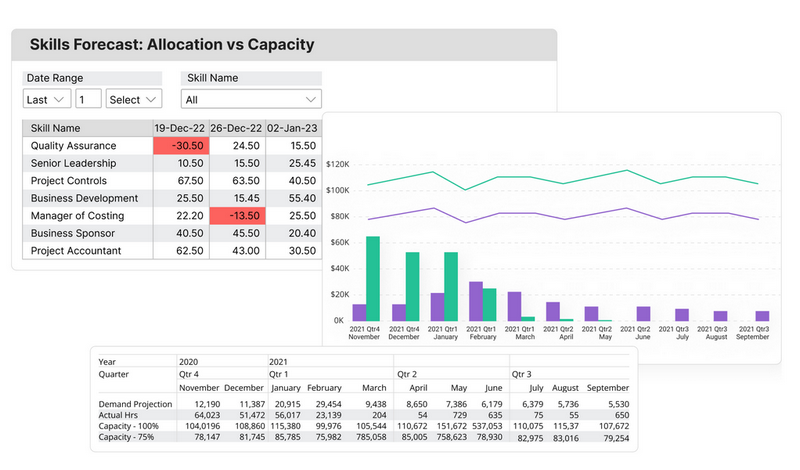
- Plan resource allocation: Resource management software can help resource managers to plan resource allocation for projects. This allows resource managers to ensure that resources are used efficiently and that no one is overworked.
- Monitor resource utilization: Resource management software can help resource managers to monitor resource utilization. This allows resource managers to identify any potential problems and take corrective action early on.
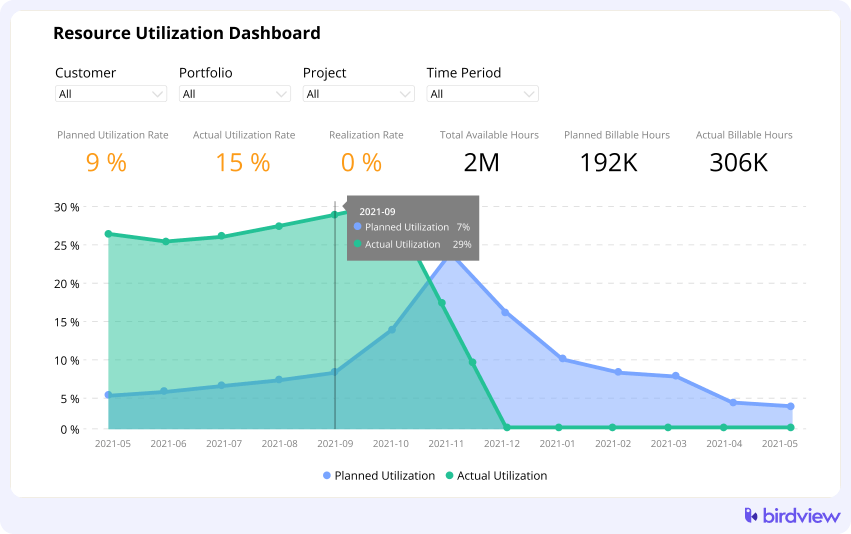
The rise of the resource manager has been driven by a number of factors:
- Increasing complexity of projects: Projects are becoming increasingly complex, which requires more sophisticated resource management.
- Globalized workforce: Many organizations now have global workforces, which makes it more challenging to manage resources.
- Increased competition: Organizations are facing increased competition, which means that they need to be more efficient and effective in their resource management.
Here is an example of how a resource manager might have worked in a construction company in the EARLY DAYS of project management:
A resource manager for a construction company in the early days of project management would have had to manually track things like employee availability, material costs, and equipment rental schedules. They would have also had to manually create budgets and timelines for projects.
Here is an example of how a resource manager might work in a construction company TODAY:
A resource manager for a construction company today would use resource management software to forecast resource needs, plan resource allocation, and monitor resource utilization. This would allow them to manage resources more efficiently and effectively than a resource manager in the early days of project management could have.
The role of the resource manager has evolved significantly over the years, but one thing remains the same: resource managers are essential for the success of any organization.
What does a resource manager do?
Resource managers are responsible for making sure that projects have the right people, equipment, and money to succeed. They also work to ensure that resources are used efficiently and effectively.
“Resource managers play a vital role in ensuring that projects are completed on time, within budget, and to the required quality standards.”
“Project Management” by Harold Kerzner
The key roles of a resource manager:
- Allocate resources: Resource managers assign people, equipment, and money to projects. They also work to balance competing requests for resources and adjust allocations as needed.
- Forecast and plan: Resource managers anticipate resource needs for upcoming projects. They also conduct regular reviews to assess resource availability versus demand.
- Monitor and track: Resource managers oversee the use of resources and ensure that they are used effectively. They also make sure that projects have sufficient staff and equipment.
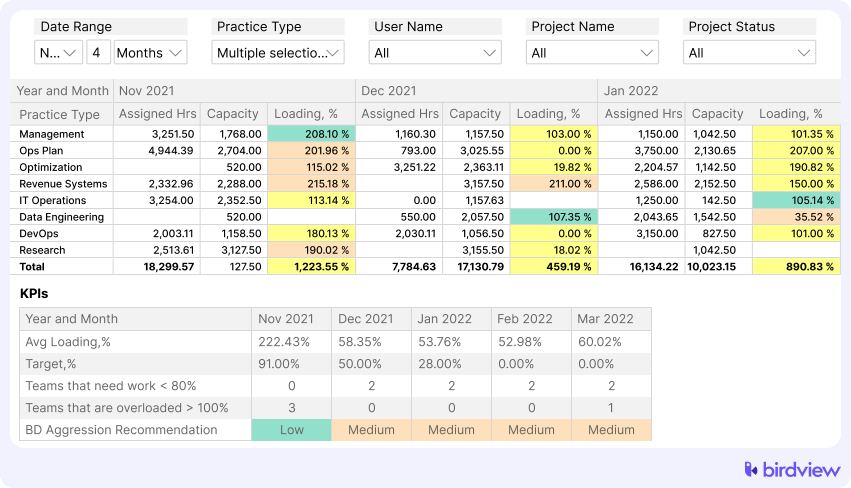
- Collaborate with project managers: Resource managers work closely with project managers to understand their resource needs and help develop schedules.
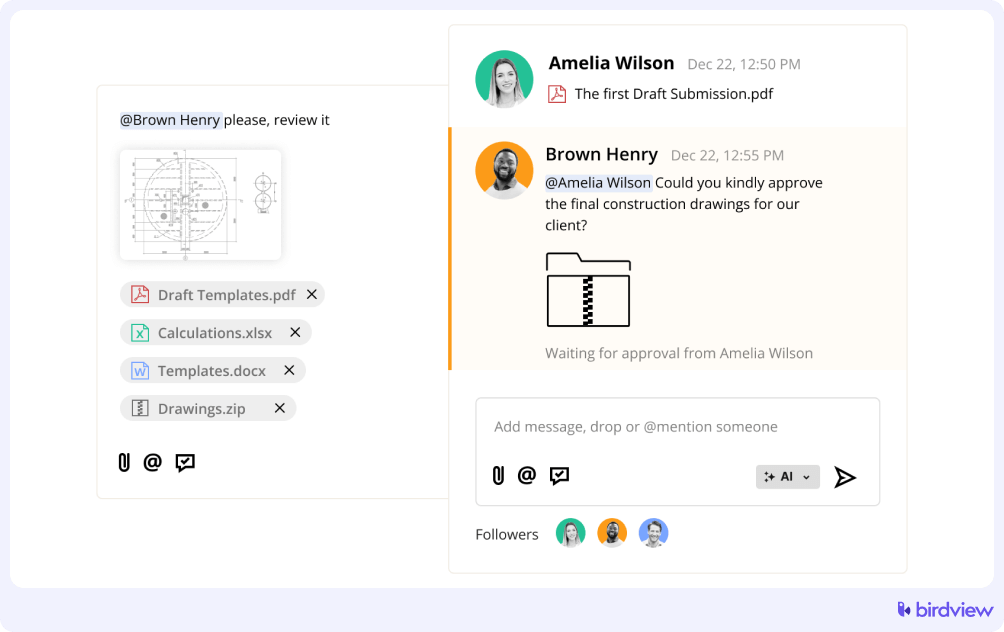
- Manage talent: Resource managers identify the skills that may be required in the organization and provide training and development to employees.
- Manage risk: Resource managers proactively identify potential resource risks and develop plans to address and mitigate them.
- Manage budgets and finances: Resource managers ensure that resources are allocated according to the company’s budget and work with finance teams to track spending.
- Manage technology and tools: Resource managers keep up with the latest tools and technologies in resource management and implement them to optimize processes.
Resource managers also need to be able to adapt to a dynamic environment and consider creativity and innovation when making resource allocation decisions.
Christophe Bredillet, in his book “Project Resource Management: A Complex Issue” highlights the importance of flexibility and adaptability for resource managers in today’s fast-paced business world. He also emphasizes that resources include not only technical aspects but also human capital, which can make a significant contribution to innovation.
Resource managers play a vital role in the success of any organization. By effectively managing resources, resource managers can help companies to save money, improve efficiency, and boost their bottom line.
What skills and qualities do resource managers need?

Resource managers need to be good at many things, including:
- Analyzing data and predicting future trends: Resource managers need to be able to look at data and see what it tells them about how resources are being used and how they might need to be allocated in the future. This ability to forecast future needs is essential for ensuring that projects are adequately staffed and equipped.
- Communicating effectively: Resource managers need to be able to communicate clearly and concisely with team members, stakeholders, and upper management. They need to be able to explain complex concepts in a way that everyone can understand. As Harold Kerzner writes in his book “Project Management,” “Resource managers must be able to communicate effectively with all levels of the organization, and they must be able to solve problems quickly and efficiently.”
- Making tough decisions: Resource managers often have to make tough decisions about how to allocate resources. They need to be able to weigh the different options and make the decision that is best for the overall project or organization. For example, a resource manager might have to decide whether to allocate more resources to one project or another, or whether to hire new employees or outsource certain tasks.
- Negotiating: Resource managers need to be able to negotiate with different teams or departments to get the resources they need. They need to be able to find solutions that work for everyone involved. For example, a resource manager might need to negotiate with the sales team to get more resources to support a new product launch, or negotiate with the finance team to get a larger budget for a particular project.
- Solving problems: Resource managers need to be able to identify and solve problems related to resource allocation or utilization. They need to be able to think outside the box and come up with creative solutions. For example, a resource manager might need to find a way to reallocate resources to a project that is over budget or behind schedule, or find a way to deal with a sudden loss of key personnel.
- Leading teams: Resource managers often lead teams of people responsible for different aspects of resource management. They need to be able to motivate and inspire their team members to do their best work. For example, a resource manager might need to motivate their team to meet a tight deadline or to develop new and innovative ways to manage resources.
- Using technology: Resource managers need to be familiar with the latest tools and software for resource management. This helps them to be more efficient and effective in their work. For example, resource management software can help resource managers to track resource allocation, forecast future needs, and identify potential problems early on.
Resource managers play a vital role in the success of any organization. By possessing the essential skills and qualities listed above, resource managers can help companies to achieve their goals and objectives.
How effective resource management leads to business success
Effective resource management is essential for business success. It helps companies achieve their goals by ensuring that resources are used efficiently and effectively.
“A company was working on a complex software development project. The project manager was concerned that the project was at risk of going over budget and missing its deadline. He consulted with the resource manager to identify potential problems and develop solutions. The resource manager was able to reallocate resources from other projects and identify some cost-saving measures. As a result of these actions, the project was completed on time and within budget.”
“Effective Resource Management in Project Workflows” by Peter Morris
Here are some of the ways that effective resource management can lead to business success:
- Improved project outcomes: When resources are allocated and managed effectively, projects are more likely to be completed on time, within budget, and to the required quality standards. This is because resource managers are able to identify and mitigate potential problems early on, and ensure that projects have the resources they need to succeed.
- Better financial health: Effective resource management can help companies improve their financial health by reducing costs and increasing profits. When resources are used efficiently, companies can save money on things like labor, materials, and equipment. Additionally, by ensuring that projects are completed on time and within budget, companies can avoid costly delays and overruns.
- Enhanced competitiveness: In today’s competitive business environment, it is essential for companies to be able to respond quickly to changes in the market. Effective resource management allows companies to be more agile and responsive, as they are able to quickly reallocate resources to new opportunities or to address emerging challenges.
Real-world examples
Here are some real-world examples of how effective resource management has helped companies to succeed:
- Software development company: A software development company was able to reduce its time to market by 20% by implementing a new resource management system. This allowed the company to get its products to market ahead of the competition and gain a market advantage.
- Manufacturing company: A manufacturing company was able to reduce its production costs by 10% by optimizing its inventory management. This was achieved by using resource management software to forecast demand and ensure that the company had the right amount of inventory on hand at all times.
- Global corporation: A global corporation was able to increase its market share in developing countries by 15% by improving its resource allocation process. This was achieved by using resource management software to identify and target markets with the highest potential for growth
These are just a few examples of how effective resource management can help companies to achieve their goals and objectives. By carefully managing their resources, companies can improve their project outcomes, financial health, and overall competitiveness.
The challenges of being a resource manager

Being a resource manager is not easy. It’s a job that comes with a lot of challenges, including:
- Ever-changing project scopes: Project requirements can change frequently, and this can disrupt resource plans. For example, a client might ask for new features or make changes to the scope of work. Resource managers need to be able to quickly adapt their plans to accommodate these changes.
- Remote and global teams: Managing remote and global teams can be challenging, especially when it comes to coordinating resource schedules and collaborating across different time zones and cultural contexts. Resource managers need to be able to build trust and rapport with team members from all over the world, and they need to be able to communicate effectively in a variety of settings.
- Keeping up with technology: Resource management technology is constantly evolving, and resource managers need to be able to keep up with the latest trends and developments. This can be a challenge, as it requires continuous learning and adaptation.
- Interdepartmental conflicts: Resource managers often have to deal with competing interests and needs from different departments or teams. This can lead to conflict, and it can be difficult to find solutions that satisfy everyone. Resource managers need to be able to mediate conflict and build consensus.
Want to learn more about resource management?
These resources cover a wide range of topics related to resource management, including:
- The basics of resource management
- How to plan, allocate, and track resources
- How to manage risk and uncertainty
- How to lead and motivate teams
- How to use technology to improve resource management (ebook)
Here are some books, articles, and online resources that you may find helpful:
- Project Management by Harold Kerzner
- Effective Resource Management in Project Workflows by Peter Morris
- Resource Management for Individuals and Families by Gerald LeVan
- Resource Management for School Administrators by Daniel R. Tomal
- Project Resource Management: A Complex Issue by Christophe Bredillet
Whether you are a beginner or a seasoned professional, you are sure to find something valuable in these resources.

